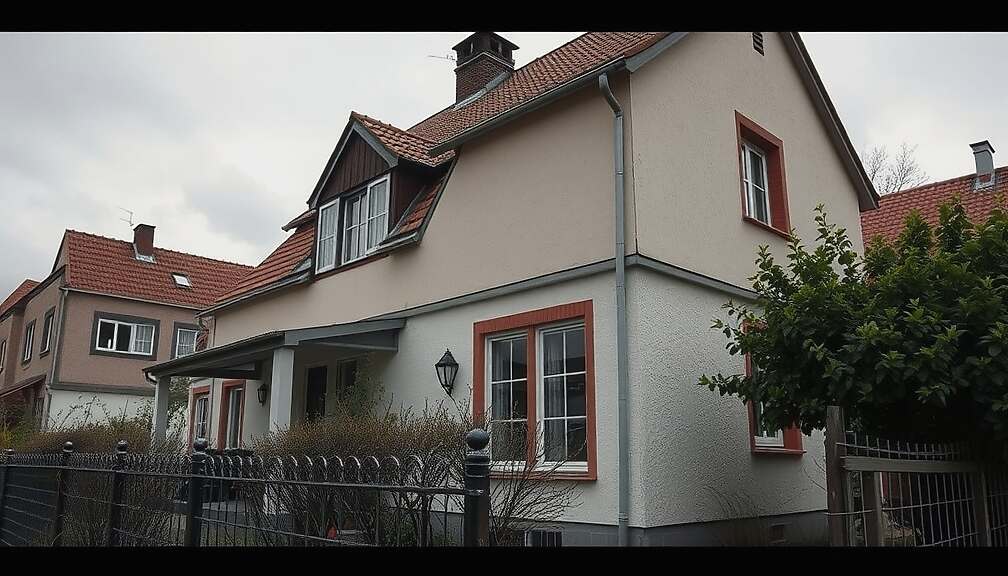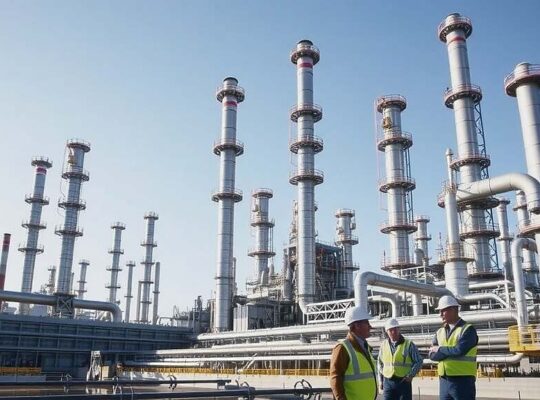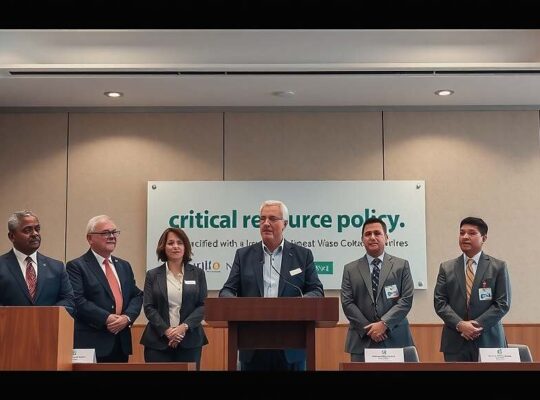A significant number of German households are paying inflated prices for electricity and gas due to remaining in default supply tariffs, according to a new calculation by comparison portal Verivox. The findings, reported by newspapers within the Funke-Mediengruppe, indicate that consumers incurred unnecessary additional costs of approximately €3 billion in the first half of 2025.
The calculation, based on the latest monitoring report from the Federal Network Agency (Bundesnetzagentur), reveals that one in four electricity customers (25%) and one in five gas customers (19%) are still tied to these default tariffs, which are typically among the most expensive on the market.
Households utilizing these default supply options paid approximately €8.5 billion for electricity and gas during the first six months of 2025. In contrast, consumers opting for the most favorable tariffs with price guarantees would have only spent around €5.5 billion.
“Year after year, households are losing billions of euros due to complacency, lack of awareness, or fear of change, remaining within the default supply” stated Thorsten Storck, energy expert at Verivox. “This inaction costs more than any price increase. Electricity and gas consumers should therefore review their current tariffs and consider switching.
Default supply tariffs are automatically provided to households who do not actively seek alternative offers upon moving into a new residence. Advantages of these tariffs include immediate availability and easy cancellation. The primary disadvantage lies in their comparatively high pricing. When switching to a new supplier, the new provider typically handles the cancellation with the previous utility company and no technical adjustments are required; uninterrupted supply is legally guaranteed.
According to Verivox figures, the average price for a kilowatt-hour of electricity within the default supply reached approximately 43.96 cents in the first half of 2025, compared to 27.85 cents for the most advantageous tariff with a price guarantee-a difference of roughly 37%. For gas, the average price in the default supply was 13.99 cents per kilowatt-hour, compared to 9.71 cents in the most competitive offering, representing a 31% difference.
An average household residing in a single-family home, with an electricity consumption of 4,000 kilowatt-hours per year and a gas consumption of 20,000 kilowatt-hours annually, could potentially save approximately €1,628 annually by switching to a more favorable tariff-specifically €671 on electricity and €957 on gas.
Verivox’s analysis examined publicly available pricing data from approximately 700 gas default suppliers and 800 electricity default suppliers across Germany. Consumption figures are drawn from the Bundesnetzagentur’s latest monitoring report, which indicates the supply of roughly 27.8 billion kilowatt-hours of electricity and 33.5 billion kilowatt-hours of gas to households within default supply arrangements.












